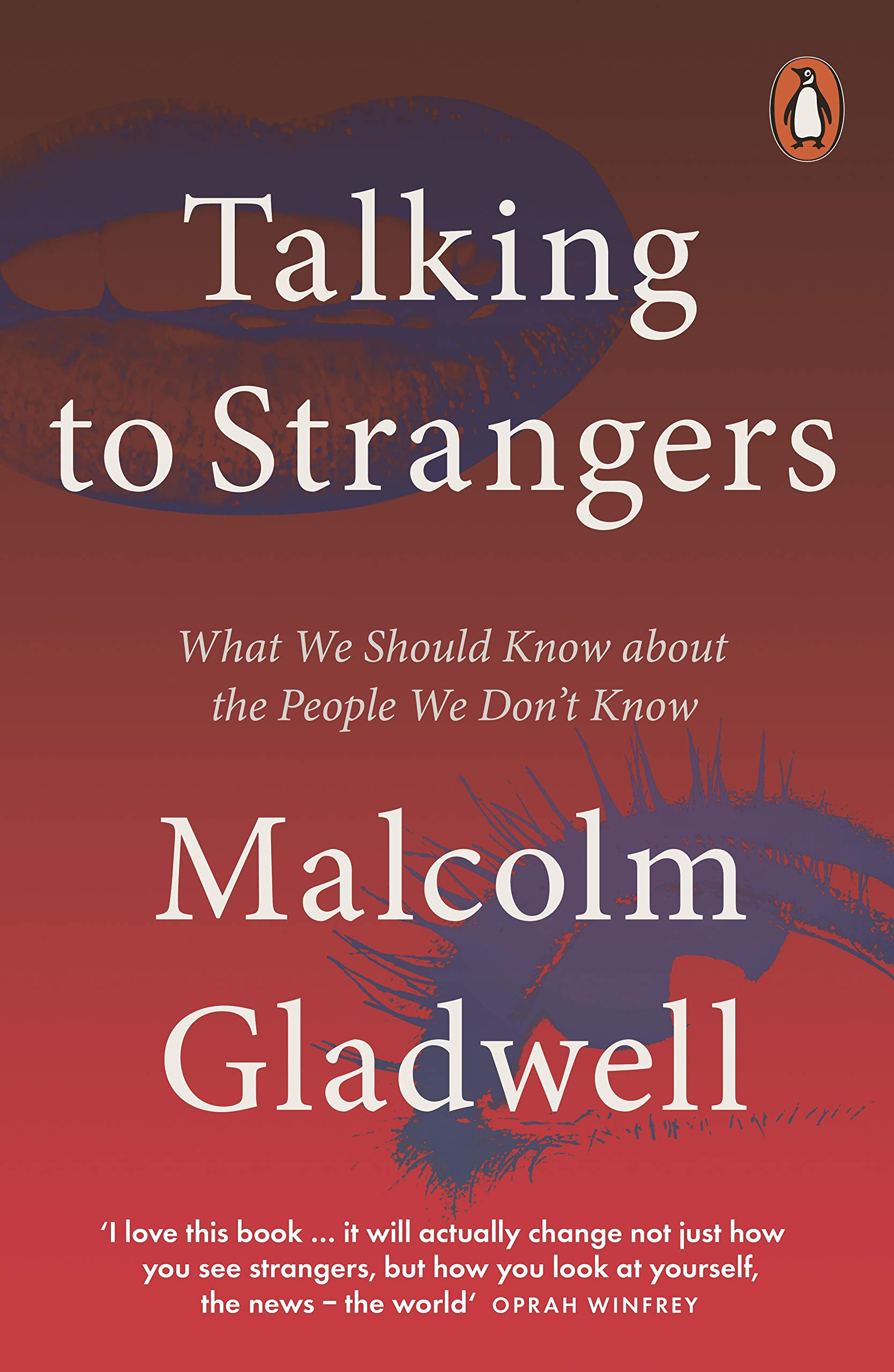Talking to Strangers
Malcolm Gladwell
47,00 RON
Editura
Categorii
Descriere
The routine traffic stop that ends in tragedy. The spy who spends years undetected at the highest levels of the Pentagon. The false conviction of Amanda Knox. Why do we so often get other people wrong? Why is it so hard to detect a lie, read a face or judge a stranger's motives?
Through a series of encounters and misunderstandings - from history, psychology and infamous legal cases - Malcolm Gladwell takes us on an intellectual adventure into the darker side of human nature, where strangers are never simple and misreading them can have disastrous consequences.
No one challenges our shared assumptions like Malcolm Gladwell. Here he uses stories of deceit and fatal errors to cast doubt on our strategies for dealing with the unknown, inviting us to rethink our thinking in these troubled times.
I imagine the way we relate to strangers is consequential for most of us. Drawing from the research of Timothy R. Levine, an American pshycologist and communication professor, Gladwell builds on Levine’s “truth-default theory” using mainly US well-known cases of deception to make a case for each of us to find ways of vetting what appears to be a trustworthy person, reason or product.
While trusting is essential for cooperation, in may also lead to negative outcomes if always taken for granted. Gladwell uses the abundance of high-profile stories to suggest that the alternative to trust is not a mistrust default, but a more accurate and in-depth evaluation of our own assumptions, interpretations and assumptions about the strangers we talk to.
Cosmin Alexandru
Co-founder Teamology Institute





